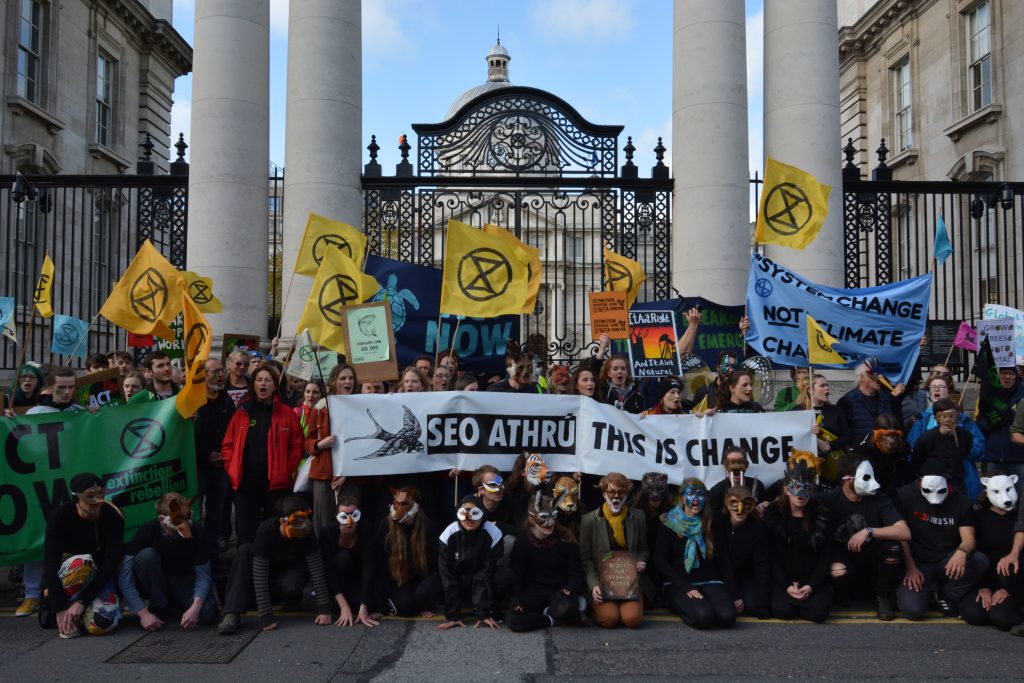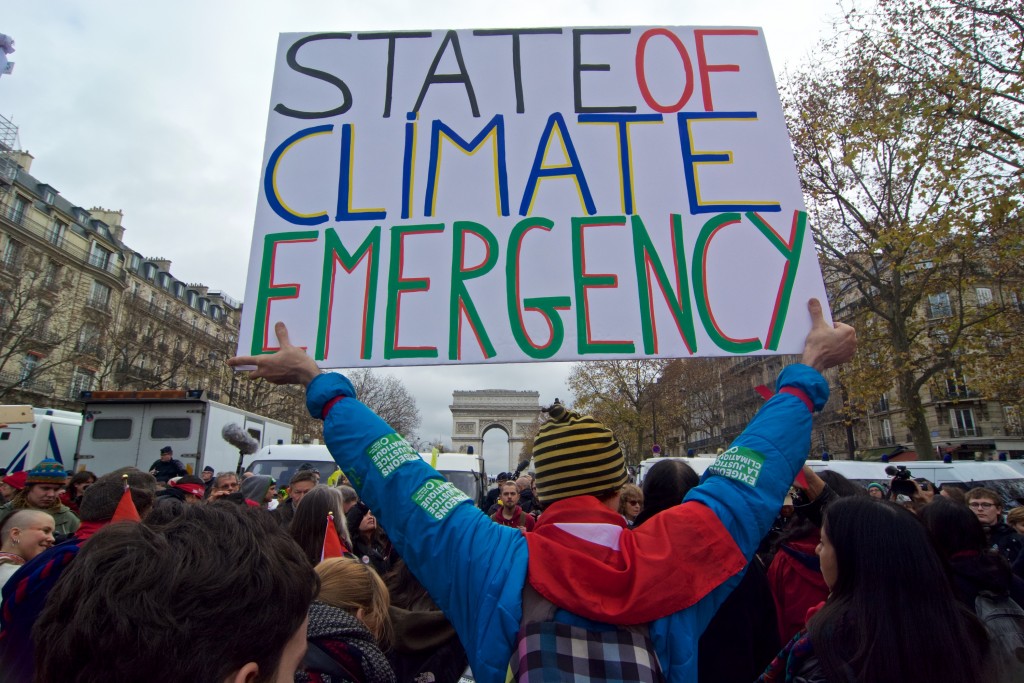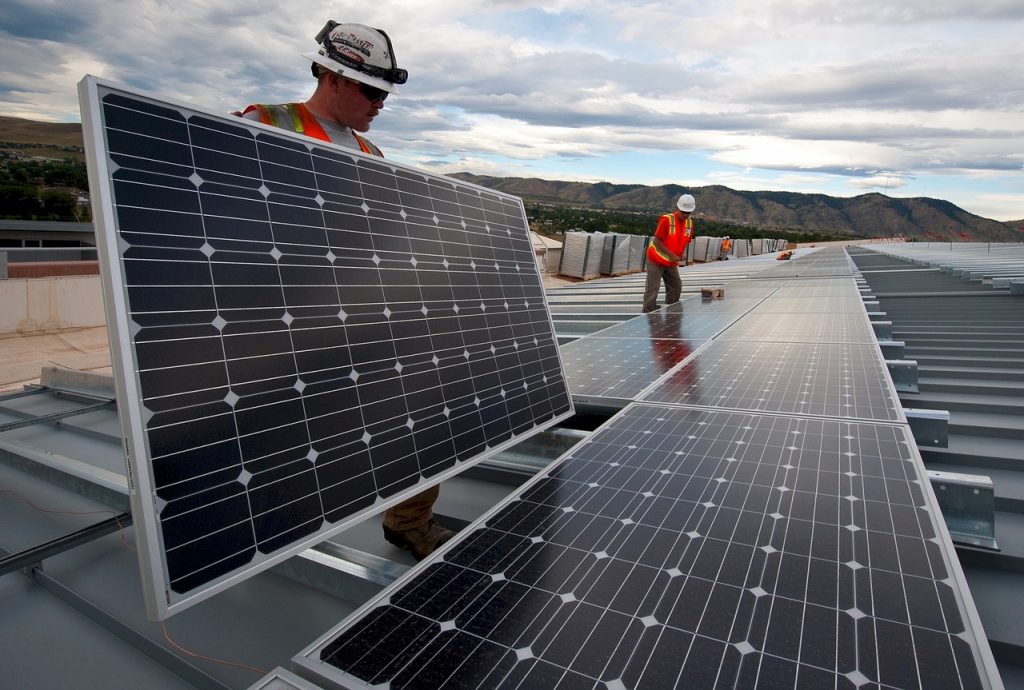What the experts want from GE2020 – Lorna Gold

Over the past three weeks, as in all election cycles, we have become accustomed to the knock at the door from canvassers or candidates themselves are they vie for our number one at the ballot box.
We have asked leading climate and biodiversity experts to tell us the key policy asks that they have raised with candidates when they come a-knocking.
Next up is Lorna Gold, a lecturer in Applied Social Studies at Maynooth University, an author, and commentator and public speaker on community responses to climate change. Lorna was instrumental in getting the climate strike movement up and running in Ireland and continues to strike every Friday with people of all ages in Maynooth.

Recognise that the climate and biodiversity crises are here
My main priority for all the parties ahead of the election is a truthful recognition that the climate and biodiversity crises are here and going to result in significant changes in the coming decade.
This may seem quite generic, but it is about signalling to everyone that the ecological crisis is no longer a political football. The fact that we are living in a different world is beyond doubt. It is a world where we need to urgently and systematically factor environmental impacts into every decision we make. We need to start to live within our planetary means. This requires a shift in thinking and practice.

Concrete action to back up the climate emergency declaration
I am asking the next Government to follow up without delay on the declaration of a climate emergency made by the Dail in 2019. This should be at the centre of the next Programme for Government.
One way to do this is for the new Government to adopt the framework of planetary limits and social floor (the doughnut economy) in setting out a new framework for a just transition. Together with the sustainable development goals, this innovative framework provides a systematic way to think through the complex intersections between economy, society and planetary boundaries.
Within such a framework, the next government needs to prioritise and support not only the necessary macro measures to cut emissions, but also those parts of the economy leading the transition beyond individualised consumption patterns.
There are huge win-wins to be gained from supporting community and social enterprise initiatives, as well as SMEs, in all areas of circular economy, collaborative consumption, sharing economy and localised regenerative economy.
At present such initiatives are seen as outliers when they could be at the very heart of addressing the supply side of the just transition if adequate local and national supports were available. Given Ireland’s strong community networks, creative industries and tech companies could make us a leader in this cutting edge area of climate action.

Pass legislation to accelerate energy transition
I would also ask the Government to pass legislation to focus on accelerating the energy transition. It should build on the progressive measures made in the last Daíl and phase out Ireland’s reliance on the fossil fuel economy. The removal of direct and indirect subsidies is key in this area.
More extensive supports to sustainable energy communities should be put in place, as well as a significant expansion of off-shore wind energy.
Another priority for me would be to set up a “sustainable food commission” to examine ways the agricultural sector can play its full role in reducing emissions. Climate should not be a political football to drive a wedge between urban and rural communities. Farmers are central to tackling the ecological crisis – and must be supported to do so. Building a consensus around the need for significant emissions reductions in all sectors is key.







